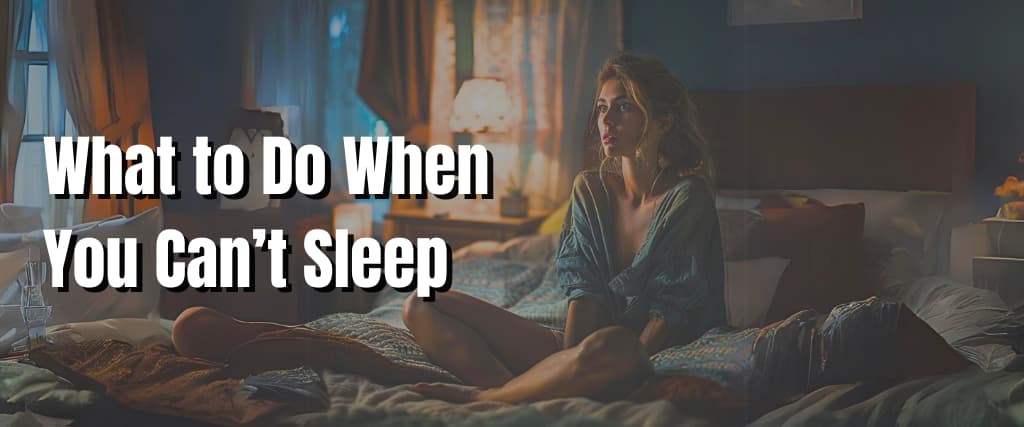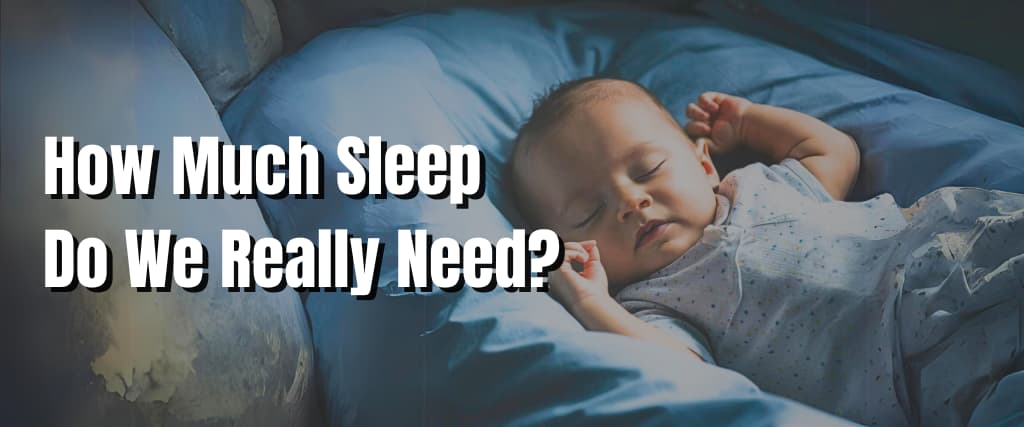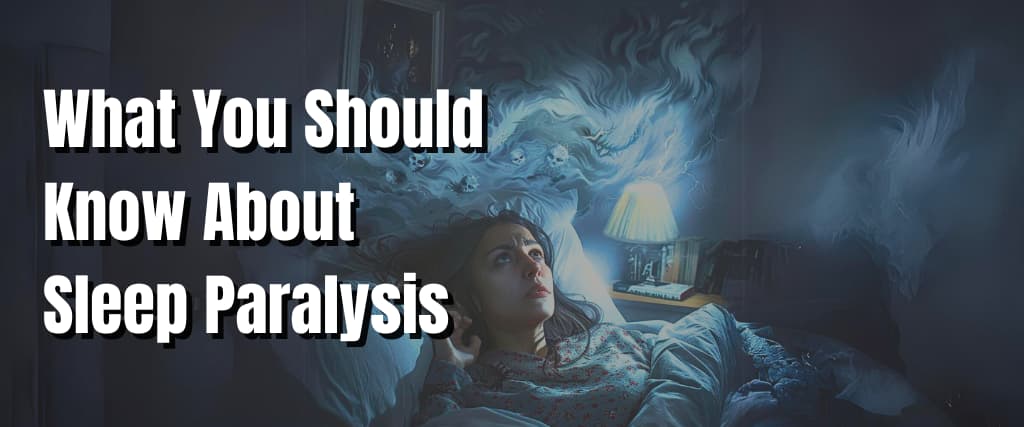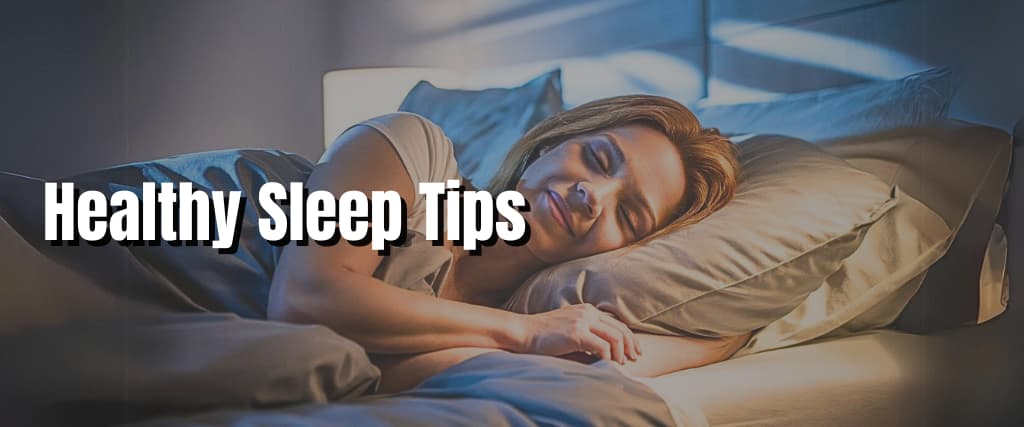Sleep is pretty important as it allows your body and mind to recharge, making your body alert and refreshed when you get up. Adequate sleep also allows the body to remain healthy and prevent diseases. On the other hand, the brain can’t function well when you have insufficient sleep. This can hinder your abilities to process memories, think clearly, and concentrate.
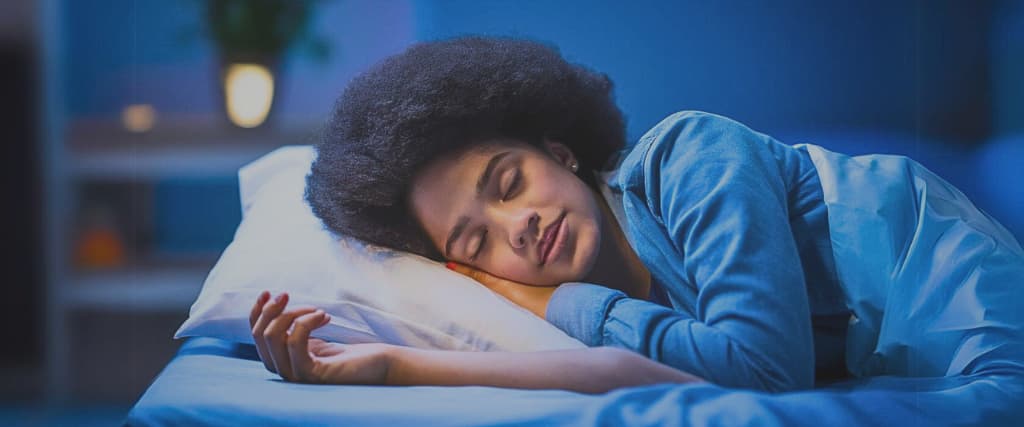
Most grownups need between seven and nine hours of nightly sleep. Teenagers and children require considerably more sleep, especially if they are younger than five years of age. Day-to-day activities, poor bedroom environment, medical conditions, and work schedules can prevent us from getting adequate sleep. However, a positive lifestyle and a healthy diet can help guarantee enough sleep each night. Unfortunately, for others, chronic lack of sleep can be an indication of a sleep disorder.
The Science behind Sleep

The body contains an internal body clock that controls when you feel alert and refreshed or tired and ready for bed. The internal clock operates all day long on a cycle known as circadian rhythm. From waking up, you will increasingly become tired as the day progresses. In the evening, this feeling will peak and continue till bedtime.
The drive to sleep, also referred to as sleep-wake homeostasis, might be connected to adenosine, a hormone produced in the brain. The hormone levels continue increasing all day long as you become exhausted, and later on, as you sleep, the body breaks down the compound.

Light affects the circadian rhythm. There is a special region in the brain known as the hypothalamus, which contains a cluster of cells referred to as the suprachiasmatic nucleus that processes signals when the eyes come into contact with artificial or natural light. The signals are vital as they help the brain to tell if it is day or night.
In the evening, as natural light disappears, the body releases melatonin, a hormone that induces drowsiness. The body will also release a hormone known as cortisol when the sun rises, stimulating energy and vigilance.
Stages of Sleep

Our bodies follow a four-stage sleep cycle once we fall asleep. Non- rapid eye movement (NREM) sleep comprises the first three stages, and rapid eye movement (REM) is the final stage.
- Stage 1 NREM: This is the first stage that marks between wakefulness and sleep and is characterized by light sleep. In this stage, muscles relax, your eye moments, breathing, and heart rate begins slowing down. The same case happens to your brain waves, which are more active when you are not asleep. Usually, stage 1 lasts for several minutes.
- Stage 2 NREM: This second stage is characterized by deeper sleep, more relaxed muscles, continuous sleep, and reduced breathing and heart rate. In this stage, eye movement will stop, and there will be a reduction in your body temperature. Brain waves are also slow in this stage, apart from some short-lived moments of higher frequency electrical activity. Compared to all stages, stage 2 is the longest.

- Stage 3 NREM: This is an essential stage in the sleep cycle as it makes you feel refreshed and alert the following day. Breathing, heartbeat, and brain wave activity have all reached the lowest level; muscles also are relaxed as they are supposed to be. At first, this stage will be longer and reduce in length during the night.
- Stage 4 REM: The first REM cycle will happen about 90 min after you fall into slumber. Your eyes will move back and forth fast in your eyelids. To add to that, there will be a rise in blood pressure, heart rate, and breathing rate. Typically, dreaming takes place during REM. While dreaming, your arms and legs become paralyzed – it is believed this is intended to prevent you from acting out on your dreams. As the night continues, the length of every REM sleep cycle lengthens.
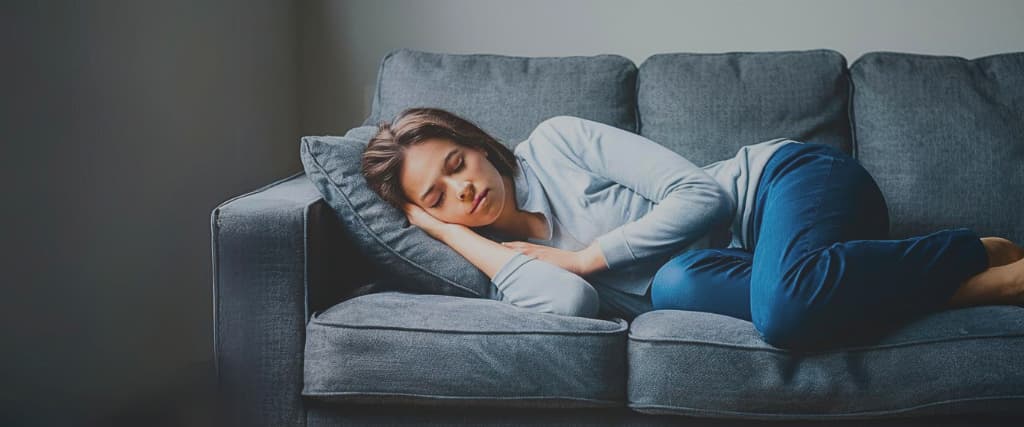
Several studies have also associated REM sleep to memory consolidation, the process of converting newly learned experiences into lasting memories. Unfortunately, as you become older REM stage sleep cycle decreases making you spend more time in NREM stages.
The four stages will continue repeating the whole night till you wake up. In most people, each cycle lasts for 90-120 minutes. The NREM sleep cycle makes up roughly 75% – 80% of each sleep cycle. During the night, you may briefly wake up and not remember the next day. These occurrences are known as “W” stages.
What Quantity of Sleep Do Humans Require?
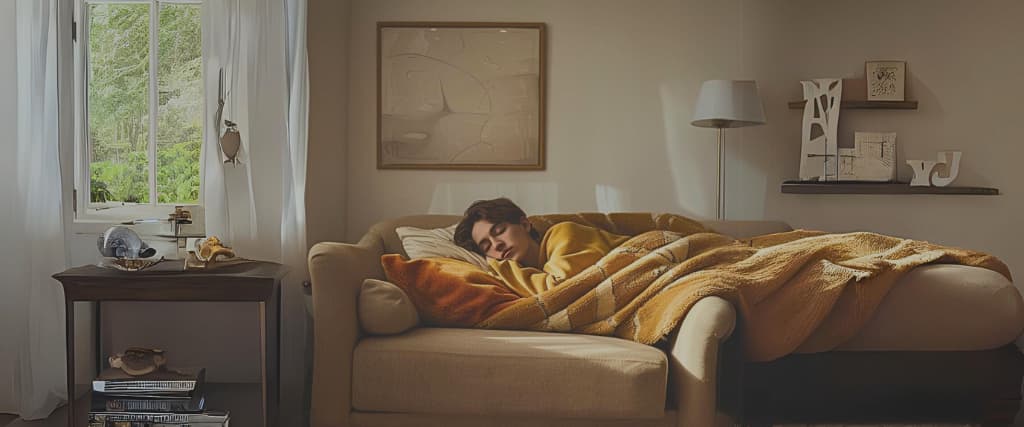
The amount of sleep you require mainly depends on your age. Here is a recommendation of the daily sleep quantity for different age sets by the National Sleep Foundation.
| Age Group | Age Range | Recommended Hours Of Sleep |
| Newborn | 0-3 months old | 14-17 hrs. |
| Infant | 4-11 months old | 12-15 hrs. |
| Toddler | 1-2 years old | 11-14 hrs. |
| Preschool | 3-5 years old | 10-13 hrs. |
| School-age | 6-13 years old | 9-11 hrs. |
| Teen | 14-17 years old | 8-10 hrs. |
| Young Adult | 18-25 years old | 7-9 hrs. |
| Adult | 26-64 years old | 7-9 hrs. |
| Older Adult | 65 years and above | 7-8 hrs. |
The Importance of Getting Enough Sleep

For proper behavioral and cognitive functions, adults require at least 7 hours of sleep each night. Deprivation of sleep can lead to severe effects. Studies show that inadequate sleep can lead to mood shifts, reduced cognition, delayed reactions, and vulnerability to attention lapses.
There are also suggestions that individuals can develop a sense of tolerance to chronic sleep deprivation. Although their bodies and brains struggle due to lack of sleep, they may not be aware of their insufficiencies since less sleep feels normal to them. Furthermore, lack of sleep is linked to higher risks of certain medical conditions and diseases. These comprise stroke, early death, type 2 diabetes, heart disease, obesity, high blood pressure, and poor mental health.
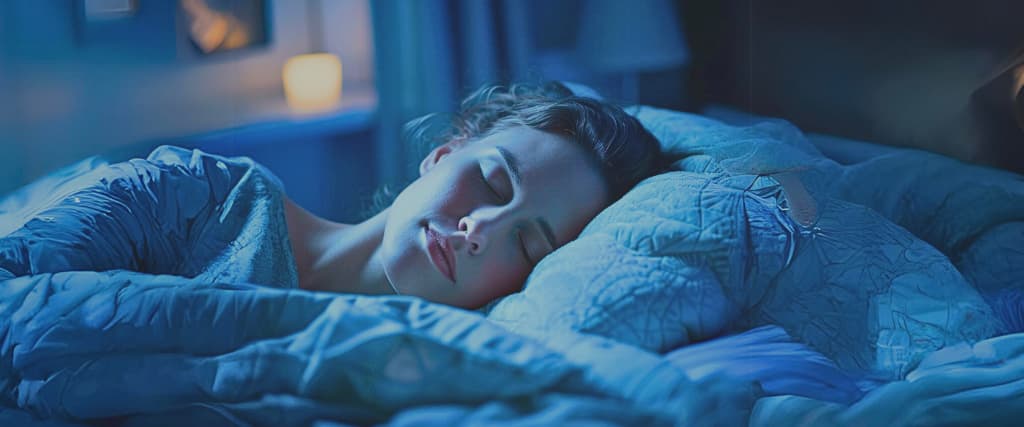
Adults who are deprived of enough sleep each night can adopt some positive lifestyle and sleep habits to allocate the needed 7-9 hours on their routine. These habits comprise of:
- Set a realistic time to sleep and adhere to it each night, even on weekends.
- Retain low light levels and comfortable temperature settings in your sleeping quarters.
- Ensure that your sleep environment is comfortable – including your bedding, pillow, and mattress.
- Avoid using laptops, mobile phones, and other devices in your bedroom.
- In hours leading to bedtime, avoid large meals, caffeinated drinks, and alcohol.
- Avoid using tobacco during the day or night.
- Engage in exercise during the day as this can help you wind down and rest easy when sleeping.



